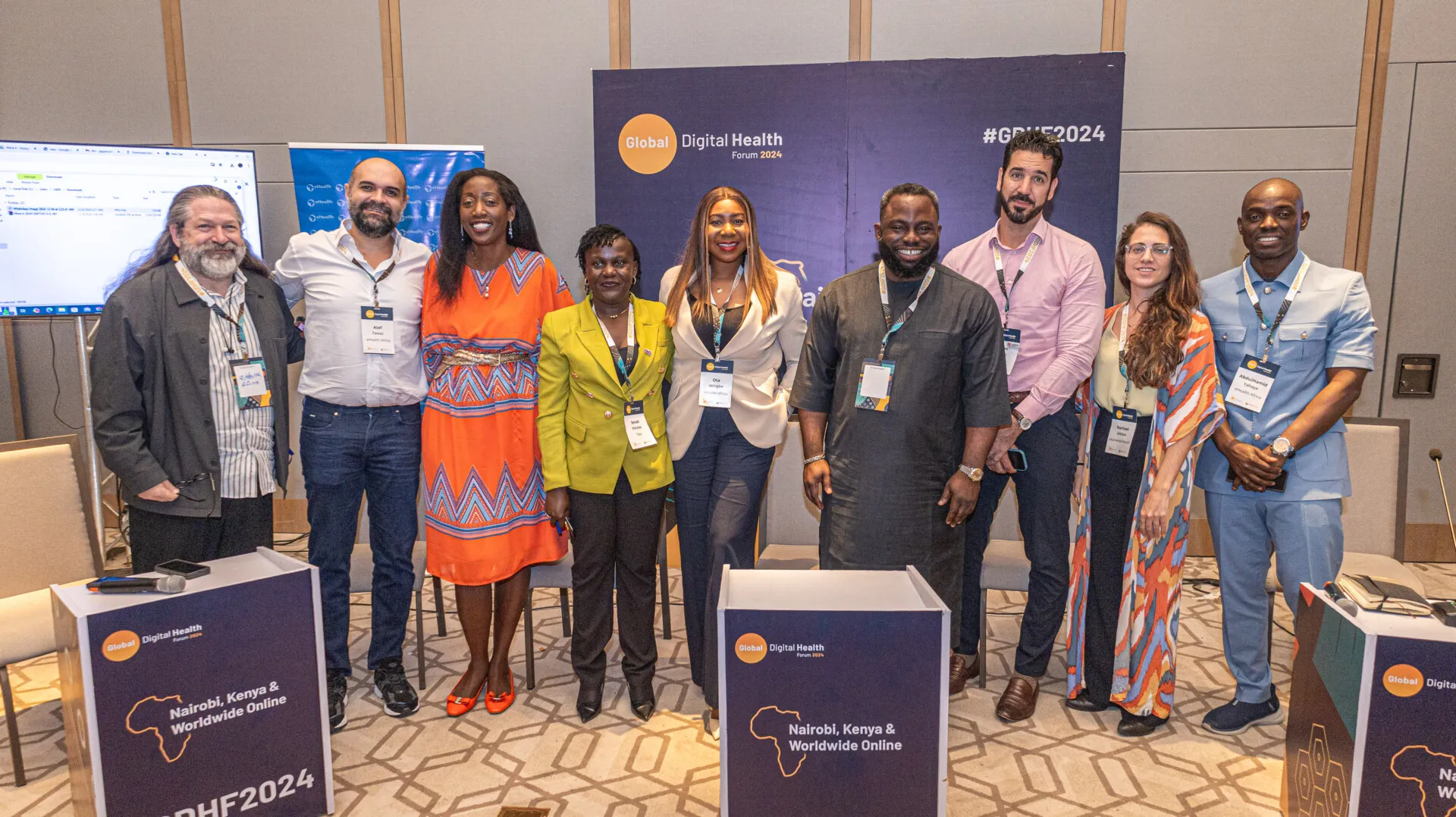
Africa stands at a critical crossroads in its healthcare journey. Despite significant progress in recent years, millions of people across the continent still face challenges in accessing quality medical services. From inadequate healthcare infrastructure to a shortage of medical professionals, the need for bold and transformative action has never been greater.
One of the biggest hurdles is the lack of investment in healthcare facilities. Many rural areas still suffer from poorly equipped hospitals and clinics, leaving patients with little to no access to essential medical care. Governments and private investors must prioritize healthcare spending to build modern, well-equipped medical centers.
Additionally, the shortage of healthcare professionals remains a pressing concern. Many African countries experience a brain drain, where trained doctors and nurses leave for better opportunities abroad. To combat this, policies should be implemented to improve salaries, working conditions, and training programs, ensuring that medical professionals stay and serve their communities.
Technology also plays a crucial role in reshaping healthcare. Telemedicine, mobile health apps, and digital record-keeping systems have the potential to bridge the gap between healthcare providers and patients, especially in remote areas. Governments and private sector players must invest in these digital solutions to enhance healthcare accessibility.
Finally, public health initiatives, such as vaccination campaigns and health education programs, must be expanded. Prevention is always better than cure, and educating communities about disease prevention, hygiene, and nutrition can significantly reduce the burden on healthcare systems.
Africa’s healthcare future depends on bold and strategic action. With the right investments, policies, and technological advancements, the continent can create a robust healthcare system that serves all its people effectively. The time to act is now.